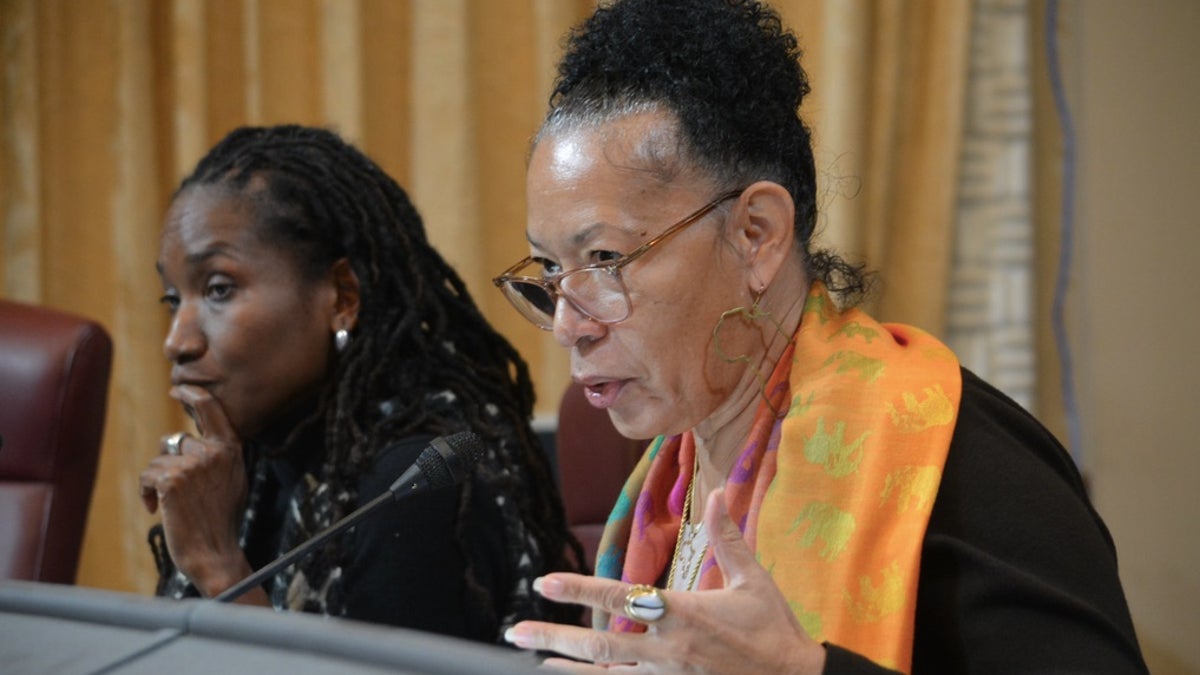States
Statewide K-12 Curricula That Teach “Systemic Racism” Are Recommended By A California Reparations Committee.

California Reparations Task Force Propose Systemic Racism And Black Liberation Ideology K-12 Curriculum
The California Reparations Task Force has proposed a comprehensive K-12 curriculum to teach children about structural racism and Black liberation ideas, a revolutionary effort. The Governor Gavin Newsom-led task committee has launched many projects to redress past racial injustices and create a more inclusive school system. If enacted, this plan will help us comprehend racial inequities and the Black community’s achievements throughout history.
The task group emphasizes systematic racism in the curriculum to help pupils comprehend Black community issues. The curriculum strives to raise awareness of the legacy of oppression and the current fight for racial equality by authentically presenting past racial disparities and showcasing the accomplishments of former slaves in the US. The idea to promote Black emancipation also empowers students to critically examine the complex historical and social processes that have formed Black lives, creating a more inclusive and sympathetic society.
Reparations Curriculum And California’s African American Students’ Educational Equity
In its full proposals, the California Reparations Task Force proposes a “Black Studies Fund” to design and administer a reparations curriculum for all school levels. The task committee wants to establish a more comprehensive and inclusive learning environment that recognizes the Black community’s achievements by integrating reparations-related information into the curriculum. This project is essential to resolving past injustices and improving California’s African-American children’s educational experience.
The task committee also recommends a required teaching credentialing curriculum that emphasizes culturally responsive pedagogy and anti-bias training. The task force equips educators with skills and expertise to help African American pupils, particularly those with links to slavery, succeed academically. The plan emphasizes the need for a more inclusive and supportive educational ecosystem that meets African American kids’ particular needs and problems, enabling a more fair learning environment.
Reparations And Racial Bias In Admissions To Address Higher Education Structural Inequalities
Among its many recommendations, the California Reparations Task Force has urged for higher education structural inequities to be addressed. The task committee seeks to remove financial obstacles to higher education for African Americans by campaigning for free tuition for qualified Black Californians. This program is essential to establishing a more diverse and inclusive higher education environment.
Additionally, the task committee has advocated for eliminating standardized testing for graduate admission at UC and CSU. The task group aspires to create a more fair and inclusive admissions process that fosters diversity and equal opportunity by recognizing the discriminatory roots of standardized testing and its role in maintaining racial gaps in educational achievement. This ambitious move aims to combat structural prejudices and make higher education more inclusive and accessible for all Californians.
Diversity And Inclusivity: Improving Black Teacher Representation In California Schools
To improve the state’s teacher diversity and representation, the California Reparations Task Force has taken many approaches. The task group promotes Black teacher recruitment and retention to build a more inclusive and culturally sensitive educational environment. The task group aspires to create a more varied and representative teaching profession that can inspire African-American children by identifying and supporting culturally responsive instructors. The proposal to adopt new teacher development models emphasizes the need for a more inclusive and supportive professional development framework that supports fairness and diversity in education.
The task force’s focus on obligatory cultural competence training for instructors shows its dedication to African-American kids’ needs. The task force integrates culturally responsive pedagogy and anti-bias training into teacher credentialing and professional development programs to help educators create a more inclusive and supportive learning environment. This approach is essential to creating a more inclusive and fair educational environment that honors Black cultural variety and contributions.
Read Also: Racial Attitudes In California And Reparations Task Force
Standardized Testing Issues And Higher Education Admissions Equity
Standardized testing has long been used for college admissions, but the California Reparations Task Force has highlighted its biases and structural disparities. The task force’s call to eliminate standardized testing for graduate admission in the University of California and California State University systems challenges systemic barriers that have historically disadvantaged African-American students. The task group hopes to create a more fair and inclusive admissions process that fosters diversity and equal opportunity by recognizing the discriminatory roots of standardized testing and its role in maintaining racial gaps in educational achievement.
The task force’s suggestion to accelerate required ethnic studies lessons is a crucial step toward a more comprehensive and inclusive education for all children. The task force aims to create a culturally responsive learning environment by integrating diverse perspectives and narratives into the curriculum. This project is a significant step toward a more fair and inclusive school system that embraces diversity and gives all kids a feeling of belonging.
Maintaining Reparations: Promoting African American Higher Education Equity
The California Reparations Task Force has recommended many financial equality programs for African-American students as part of its purpose to remedy past injustices and promote fair higher education. The task force’s plan to provide free tuition to qualified Black Californians is to reduce financial barriers to higher education for African Americans. This effort addresses systemic discrimination and economic inequality and promotes increased education access and opportunity for underrepresented populations.
The task committee also proposes a “Black Studies Fund” to construct and administer a reparations program, demonstrating its dedication to empowering African-American pupils. The task group wants to develop a more holistic and culturally sensitive learning environment that recognizes the Black community’s accomplishments and resilience by providing resources to construct a full reparations program. This effort is crucial to sustaining reparations and creating a more fair and inclusive educational environment that promotes African-American culture and contributions.













You must be logged in to post a comment Login